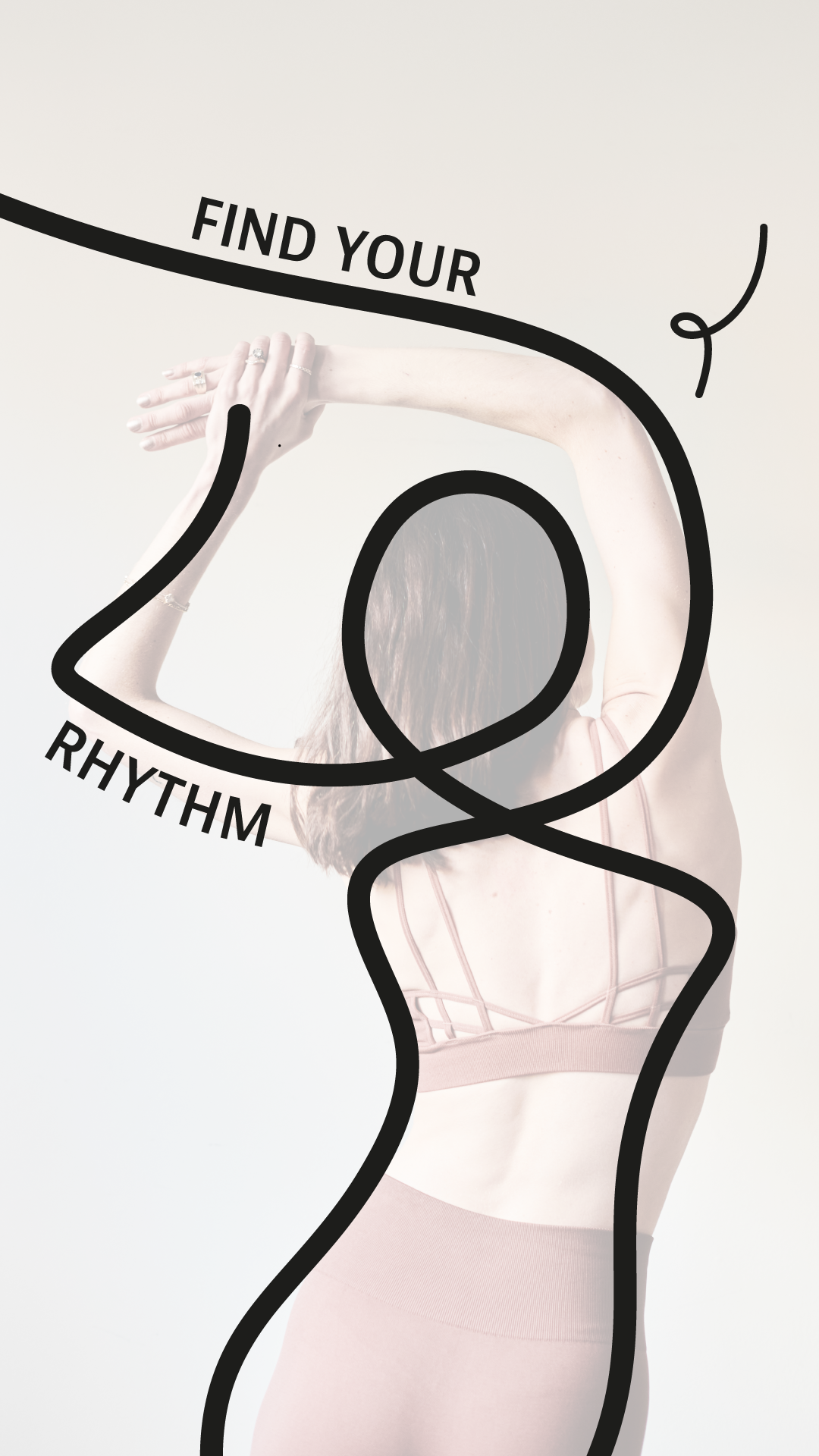14 Apr, 2016
Post-race recovery
Running a marathon is undoubtedly one of the most challenging experiences in life - as soon as you cross that finish line, the feeling of intense accomplishment is like no other. With so much of the focus on prepping for the race, what you do post-race is just as important to give you body the rest it needs.
FitnessRunning a marathon is undoubtedly one of the most challenging experiences in life - as soon as you cross that finish line, the feeling of intense accomplishment is like no other. With so much of the focus on prepping for the race, what you do post-race is just as important to give you body the rest it needs, especially with delayed muscle fatigue. We wanted to share our tips on how to best approach your recovery period.
There is differing opinion surrounding what is the best way to recover in the days and weeks after a marathon. Some experts suggest one day of rest for each mile run, which would mean no strenuous running for at least 26 days. Others think think you only really need just a week or two of rest before running again. We believe that everyone recovers at different rates and it's more important to develop a recovery plan that works best for you, based on a few basic principles.
- Rest up - just as the idea of “hitting the wall” during the marathon is a little uneasy, the idea of resting in the days after the race might be a little discomforting for some. But rest is important and essential after such a physical challenge. You will not lose your fitness level overnight—or even within a couple of weeks. Going for a light walk followed by gentle stretching or yoga can ease muscle soreness and make you feel more comfortable. Stay moving with active recovery, but keep it easy and low-intensity.
- Stay healthy - Don’t use this recovery time as an excuse to turn to unhealthy foods. It's great to reward your hard work with your favourite naughty indulgences, but remember that good nutrition enhances recovery, gving your body the nutrietnts it needs to help aid in muscle repair and regrowth. You may find your appetite is a little higher in the few days following the marathon, so listen to what your body needs without going overboard. We recommend:
- Protein - an important component for muscle repair and recovery. Protein can be found in meat, fish, or vegetarian sources such as beans and legumes. For optimal recovery, consume carbs and protein in an approximate 4:1 ratio. This means about 4 g of carbohydrates for every 1 g of protein
- Electrolytes - running long distances depletes your body's electrolytes and antioxidants, so replenish with colourful fruits and juices, such as vitamin-rich berries and potassium-loaded bananas. Many people associate electrolytes with sports drinks. While sports drinks provide the sodium and potassium lost in sweat, these bottled drinks provide very little nutritional value. Instead, replenish lost electrolytes with fresh fruit or juice, which will also provide some carbohydrates. Avoid alcohol and caffeine as they can dehydrate you further.
- Start slow - When you do decide to ease back into running, start with a short, easy run that’s no more than a few miles long. Pushing yourself too hard can end up delaying the recovery process even further.
- Listen to your body - What works for one person might not work for another. While your friend might be able to get back to running within a week or two, you may need two or three weeks—and there's no problem with that. We all recover differently depending on our bodies and fitness levels so relax and just take it easy.



